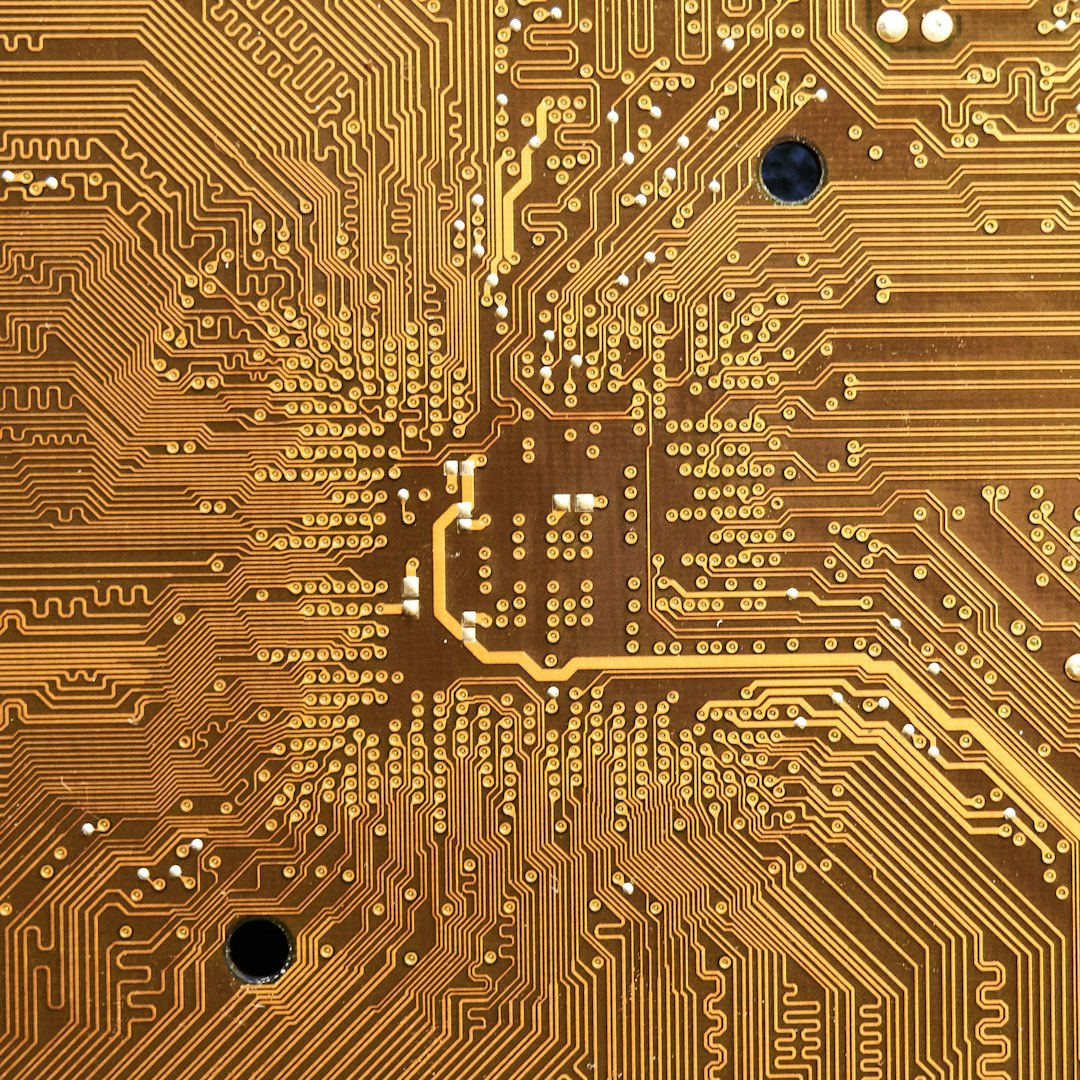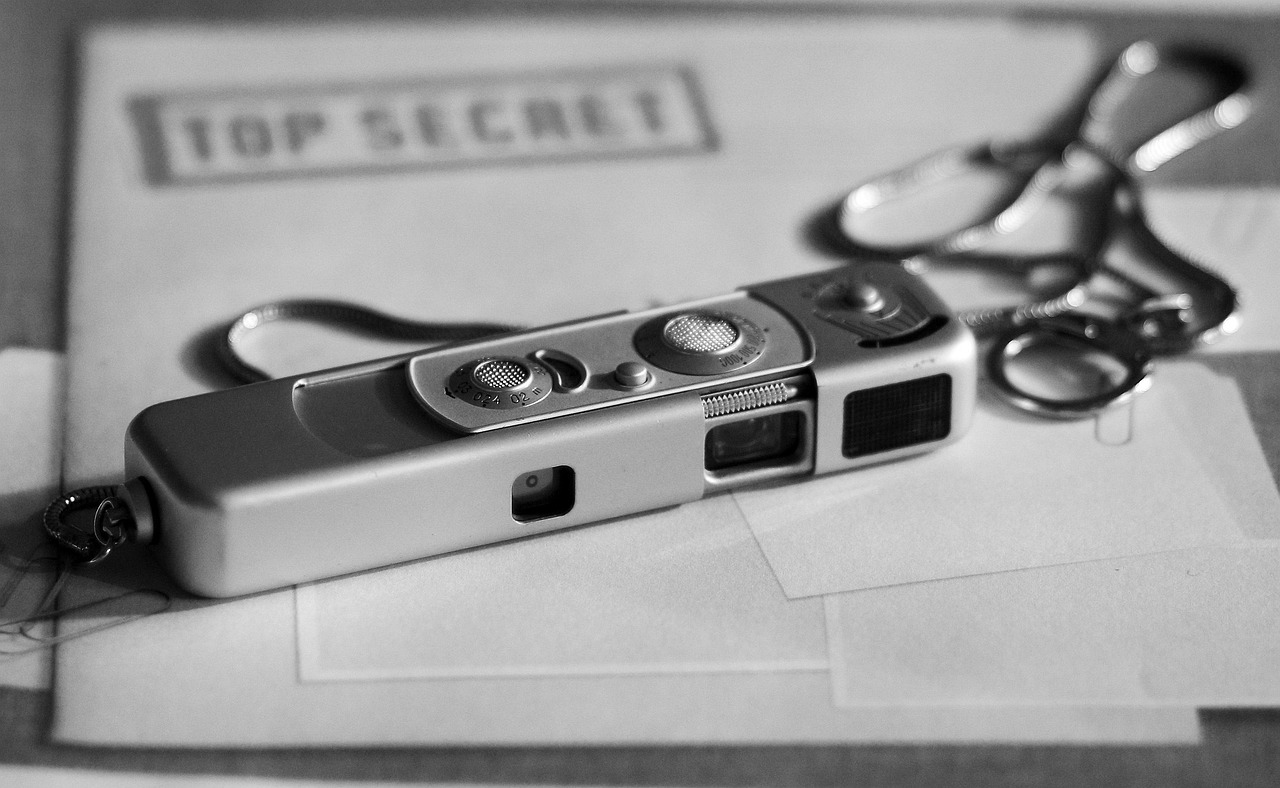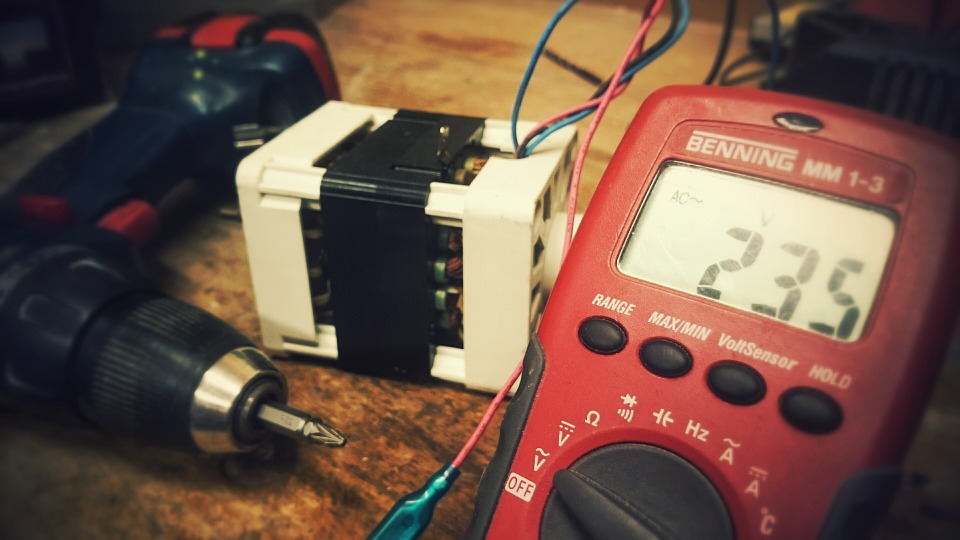Biomedical device testing plays a critical role in ensuring the safety, reliability and effectiveness of medical equipment used in healthcare settings. As medical technology evolves rapidly, the importance of rigorous testing procedures has never been greater. From infusion pumps to patient monitors, each device must meet strict regulatory standards before being approved for clinical use.
The process of testing biomedical devices involves a combination of functional checks, safety assessments and performance evaluations. These tests are designed to mimic real-world clinical conditions, exposing the devices to various stressors to verify their resilience and accuracy. In many cases, these procedures are repeated regularly to ensure continued compliance and to identify wear or degradation over time.
Ensuring that a device operates correctly is not only a regulatory requirement but also a matter of patient safety. Faulty equipment can lead to incorrect diagnoses, delayed treatments or even life-threatening situations. This is why healthcare providers rely on professional services for biomedical device testing to maintain high standards across their medical equipment inventory.
In addition to safety, performance consistency is another major focus during testing. Devices must deliver accurate readings and responses each time they are used. Calibration, verification and preventive maintenance are essential tasks carried out during testing to uphold these standards. Technicians use specialised tools and follow specific protocols to ensure each device functions as intended.
Another important aspect of biomedical device testing is compliance with legal and industry standards. Various national and international bodies govern the use of medical devices, including directives on electrical safety, electromagnetic compatibility and mechanical integrity. Meeting these requirements not only ensures legality but also supports interoperability with other healthcare systems.
The growing complexity of devices has also led to increased demand for data-driven testing solutions. Advanced diagnostics and software-based tools now allow for more detailed analysis and quicker identification of issues. This technological evolution is helping healthcare environments to become more proactive, addressing potential problems before they affect patient care. Organisations seeking consistent results often turn to trusted providers with a strong track record in this area. One such option can be found through this reliable biomedical service provider.
Ultimately, biomedical device testing is an essential component of modern healthcare management. It ensures that devices perform as expected under all conditions, safeguards patient wellbeing and supports clinical efficiency. As technology continues to advance, the methods and standards for testing will evolve, but the core objective remains the same: to deliver safe and effective care through dependable medical equipment.









